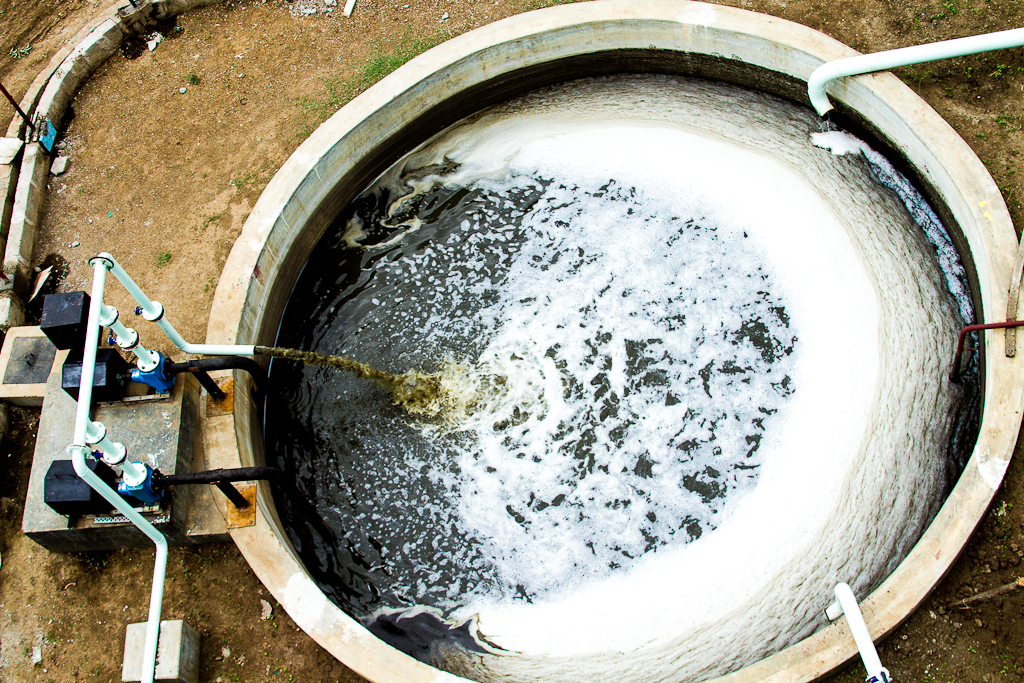
The ReWaterMENA project, a multi-partner, four-year initiative that started in 2018 aims to expand the safe reuse of water in the Middle East and North Africa (MENA). The project is funded by the Swedish International Development Agency (SIDA) and led by the International Water Management Institute (IWMI). The project is regional in scope and has specific activities in Egypt, Jordan and Lebanon. In Jordan, activities are conducted in partnership with the Royal Scientific Society.
Antimicrobial resistance (AMR) also known as the silent pandemic, is a serious global health threat and low- and middle-income countries are likely to be the most affected in terms of economic burden and public health. Deaths from drug resistant infections are projected to increase from 700,000 to 10 million annually. Antibiotics have found their way into wastewater and recently more studies have highlighted the role of wastewater as a significant environmental reservoir of AMR. This environment is conducive for the global spread of multi-resistant bacteria and other microorganisms and for antimicrobial resistant genes to persist. Wastewater treatment processes can assist in removing or reducing the antimicrobial resistant bacterial load. However, the impact on the resistant genes is limited as they are not degradable and therefore are able to spread amongst other microbial communities in the environment through gene transfer, a process by which bacteria transfer resistant genes. In addition, another growing area of concern is the uptake of these antibiotics by crops irrigated by treated wastewater.
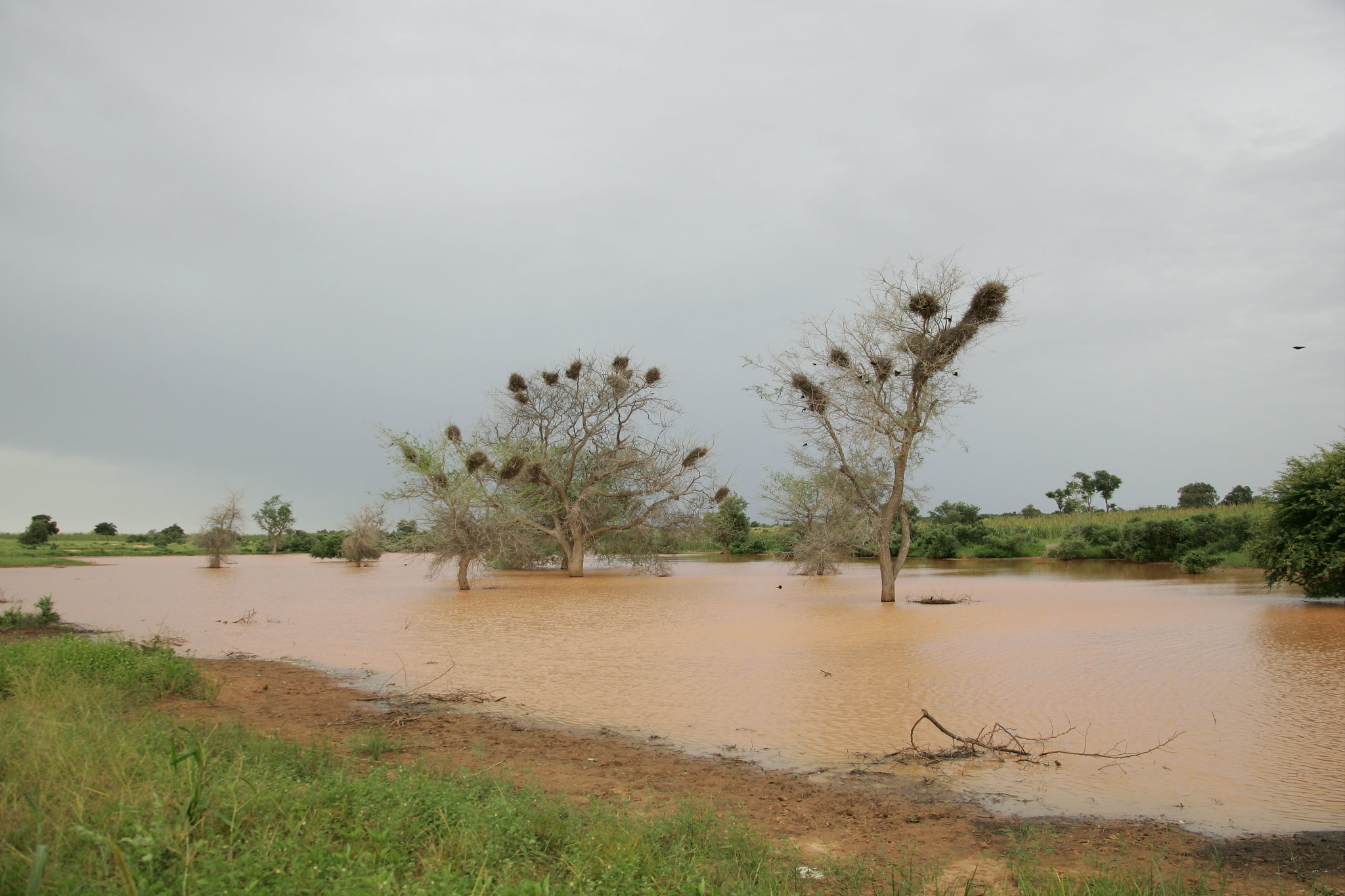
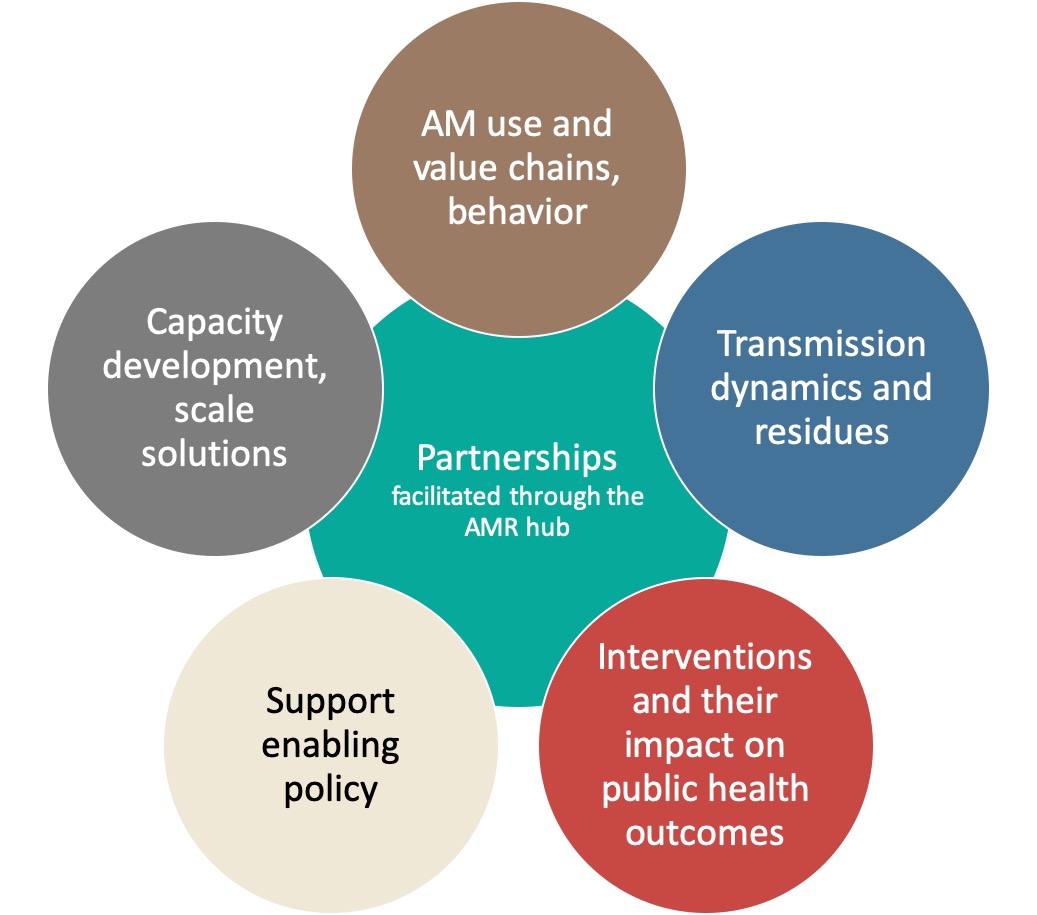
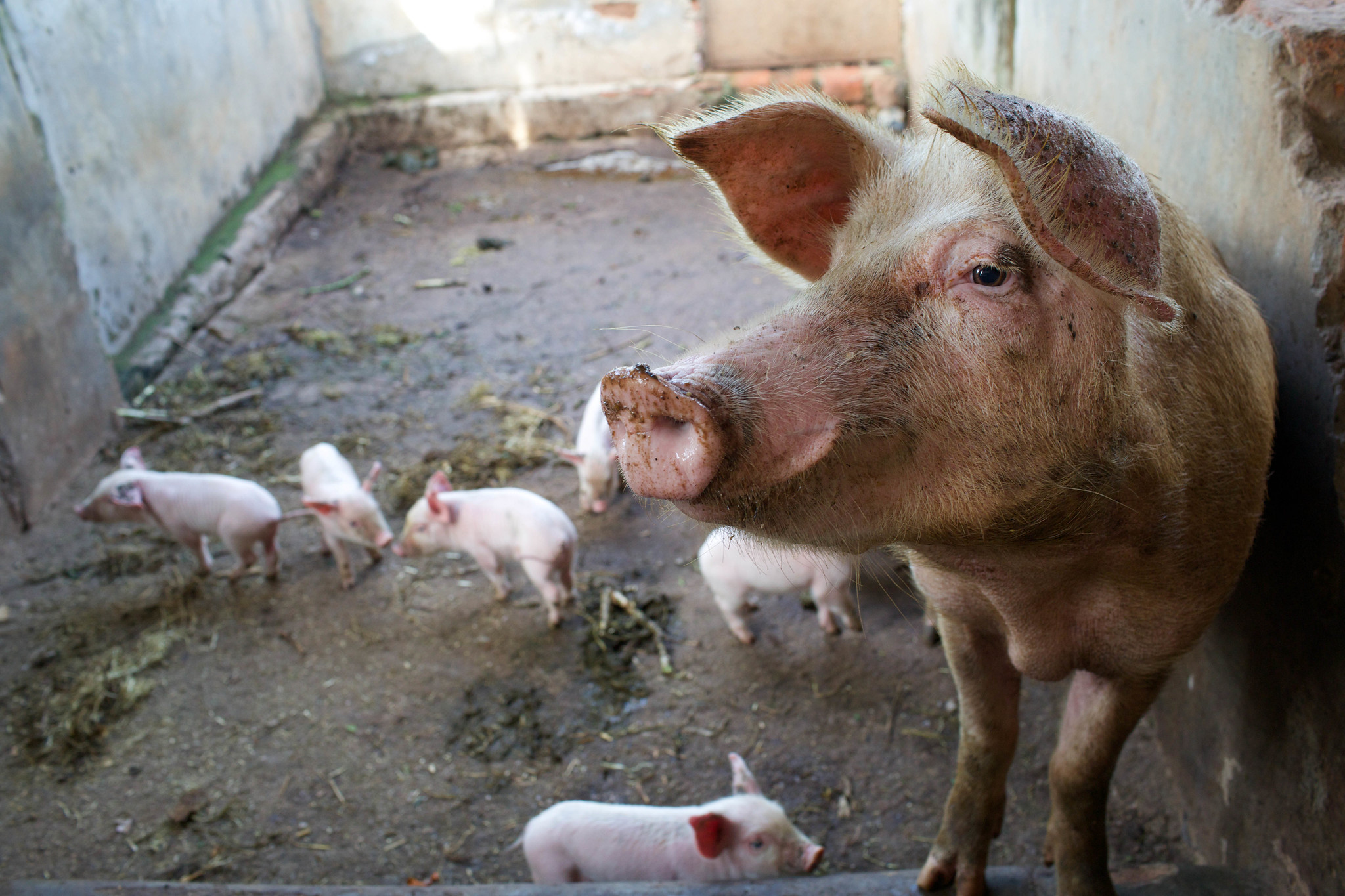
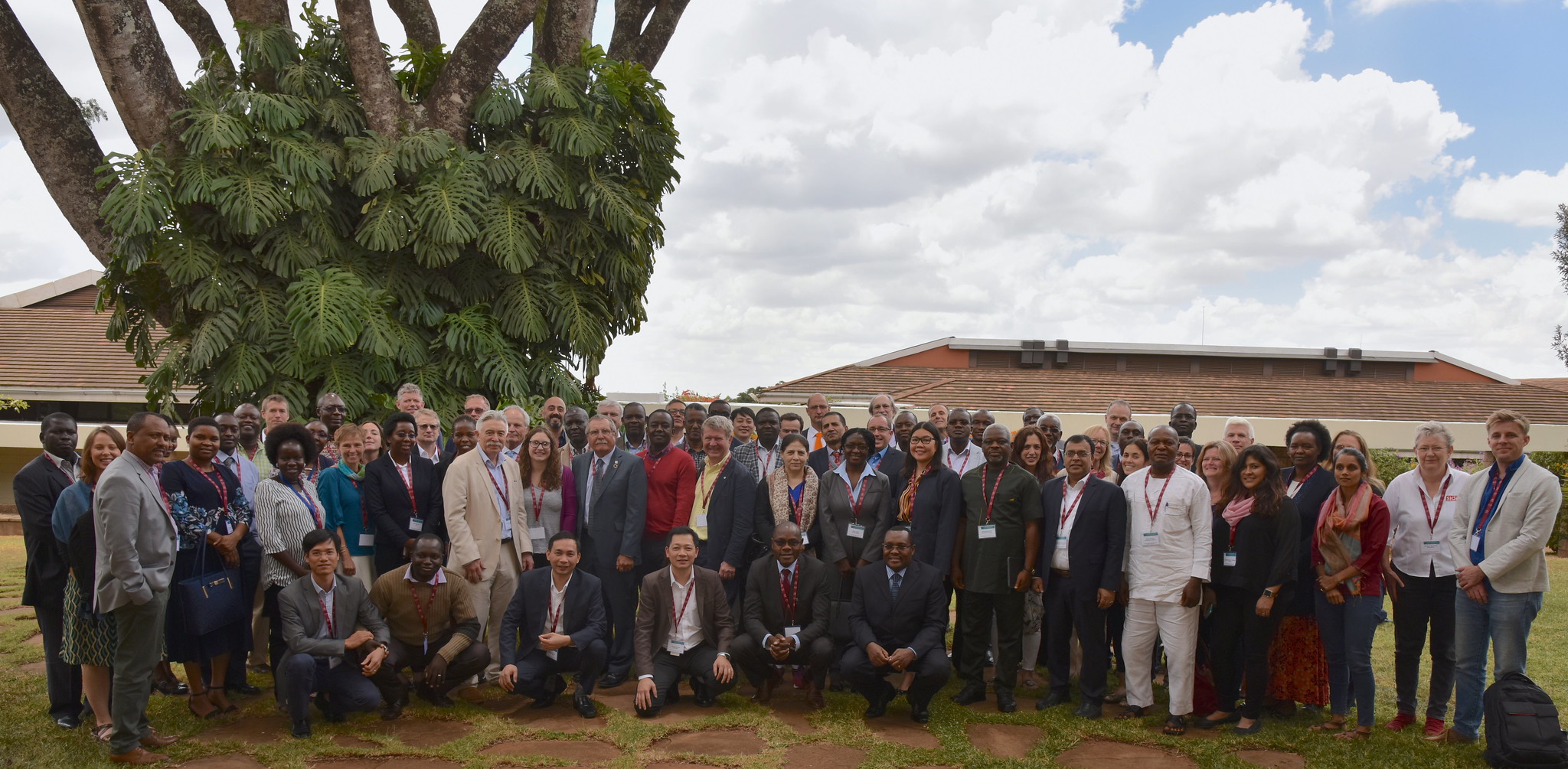
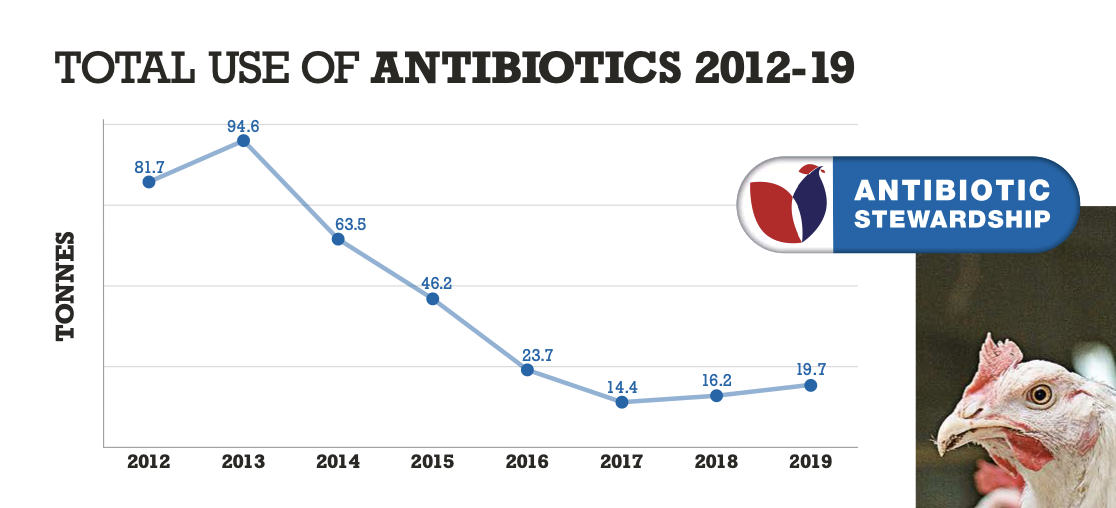

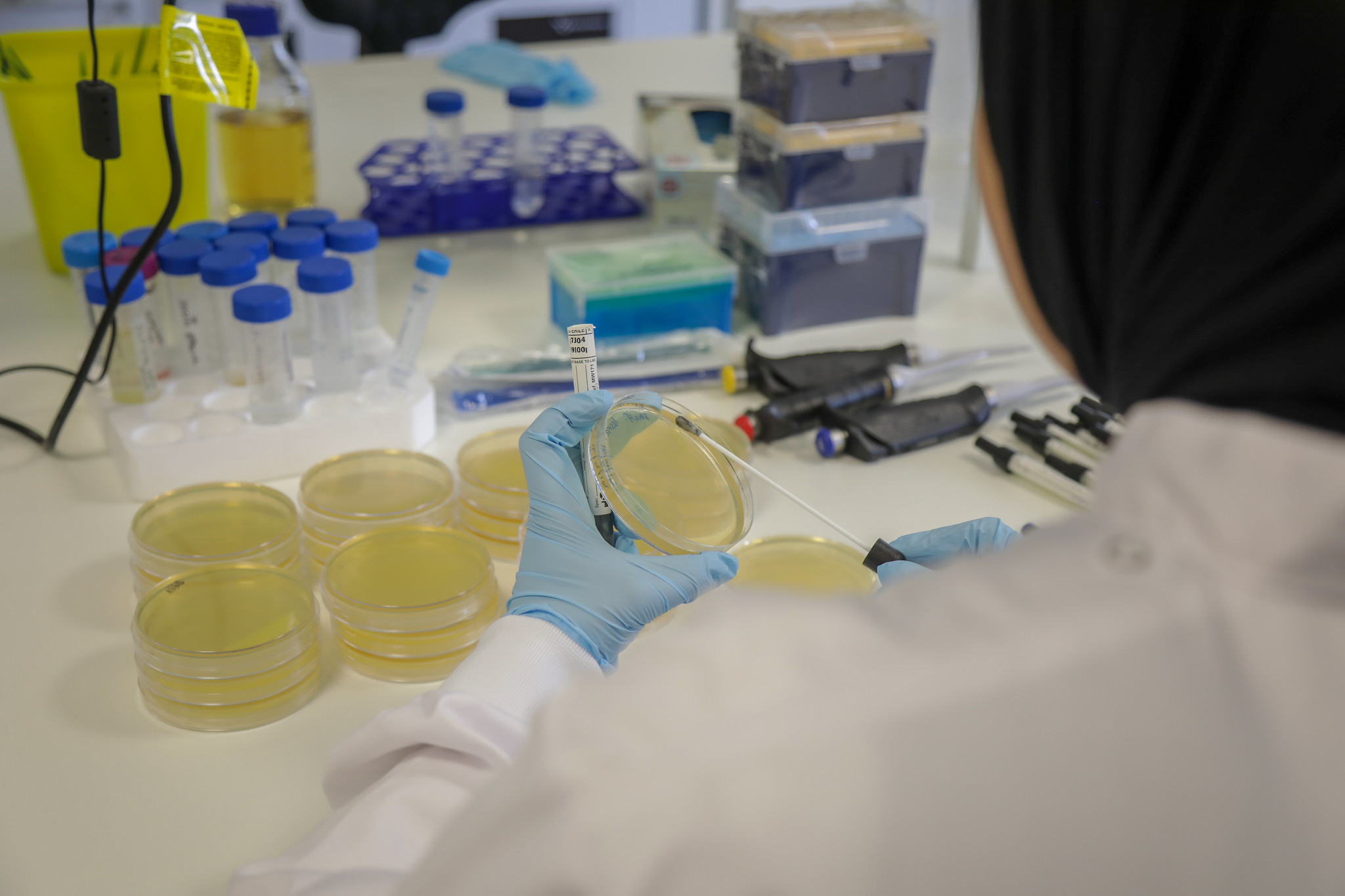
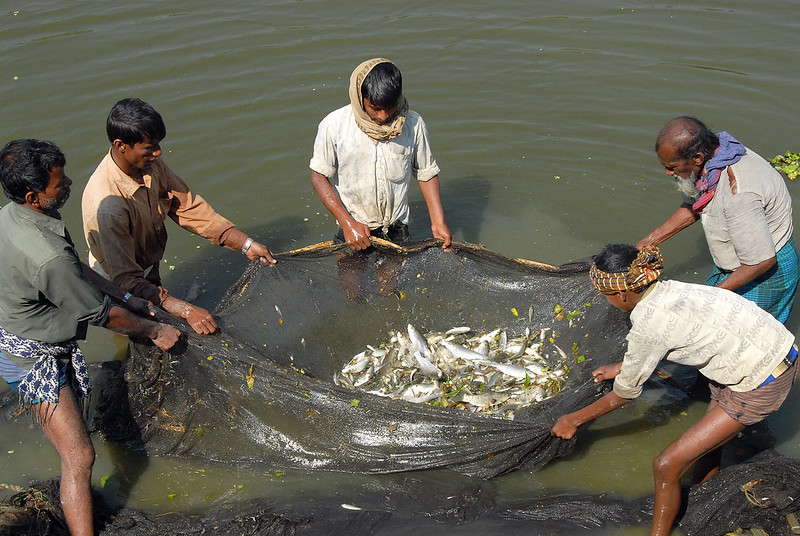
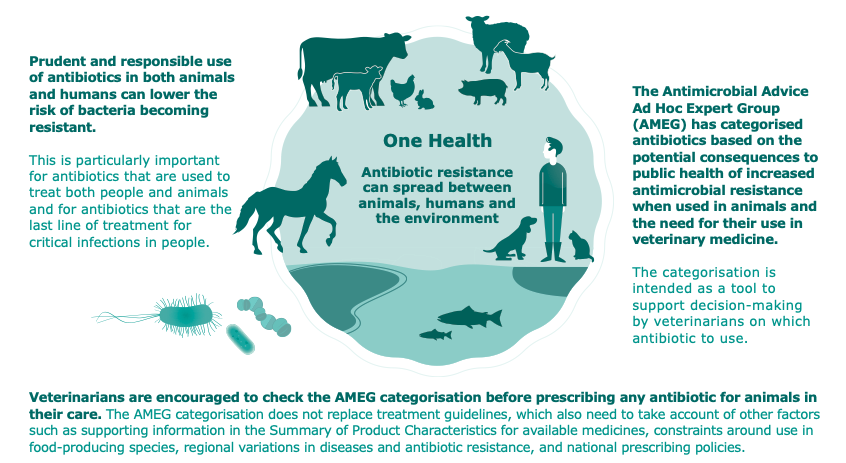 EMA has been instrumental in bringing together experts from around the EU to create an efficient and robust system for the evaluation and supervision of human and veterinary medicines that serves citizens throughout the region by using a One Health approach to promote integrated cooperation between human and veterinary medicines. Veterinarians across the EU have been advised to consult the infographic when deciding what antibiotics to prescribe to animals.
EMA has been instrumental in bringing together experts from around the EU to create an efficient and robust system for the evaluation and supervision of human and veterinary medicines that serves citizens throughout the region by using a One Health approach to promote integrated cooperation between human and veterinary medicines. Veterinarians across the EU have been advised to consult the infographic when deciding what antibiotics to prescribe to animals.